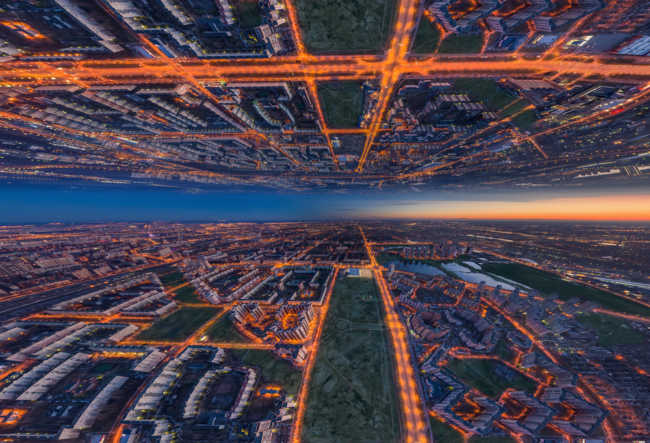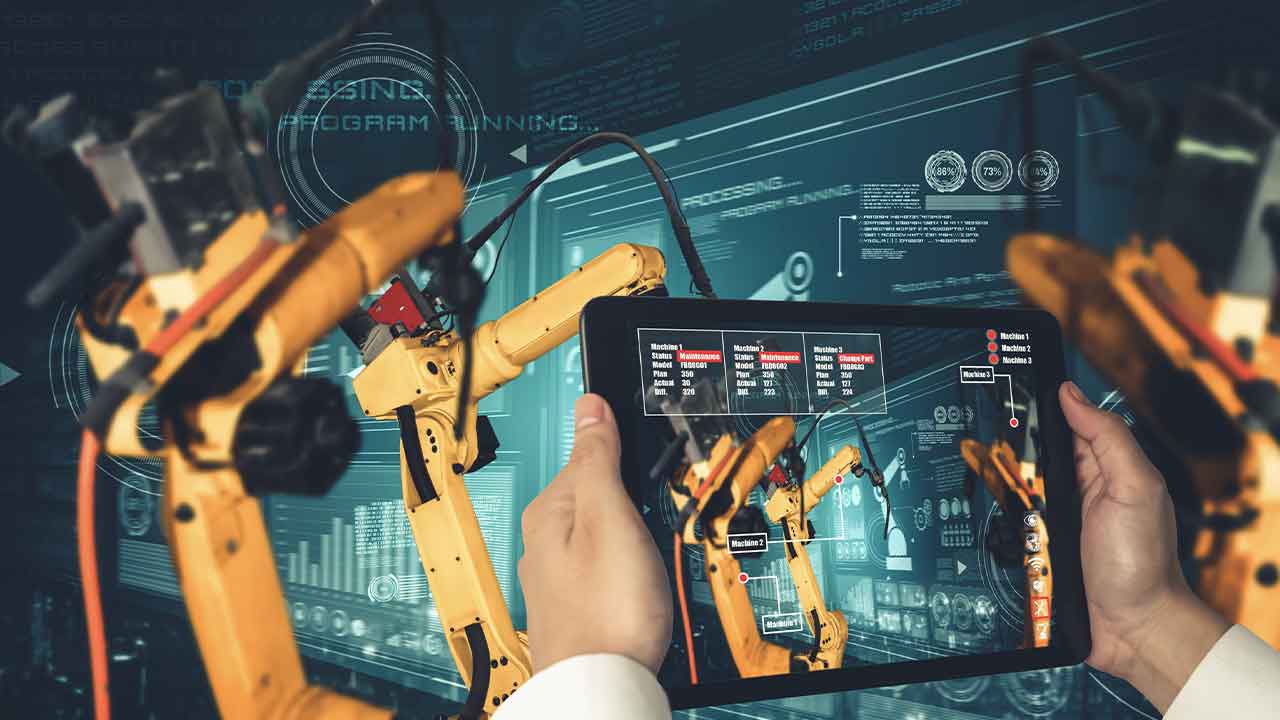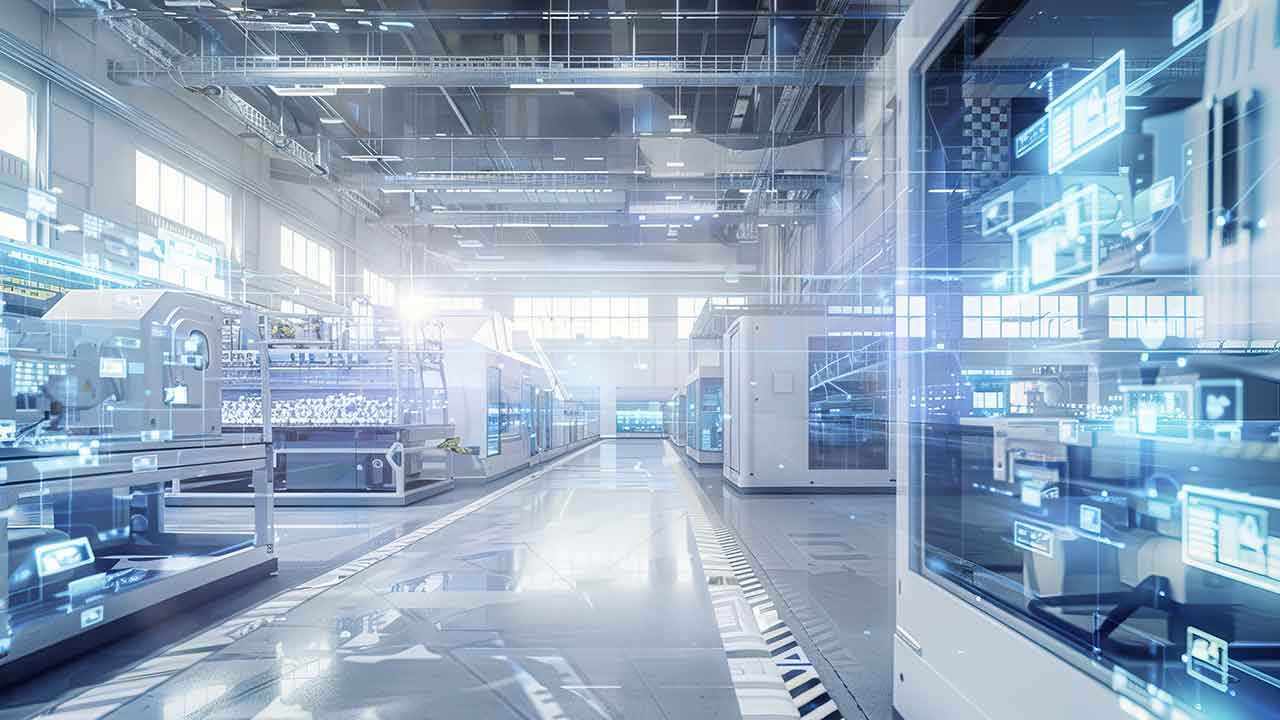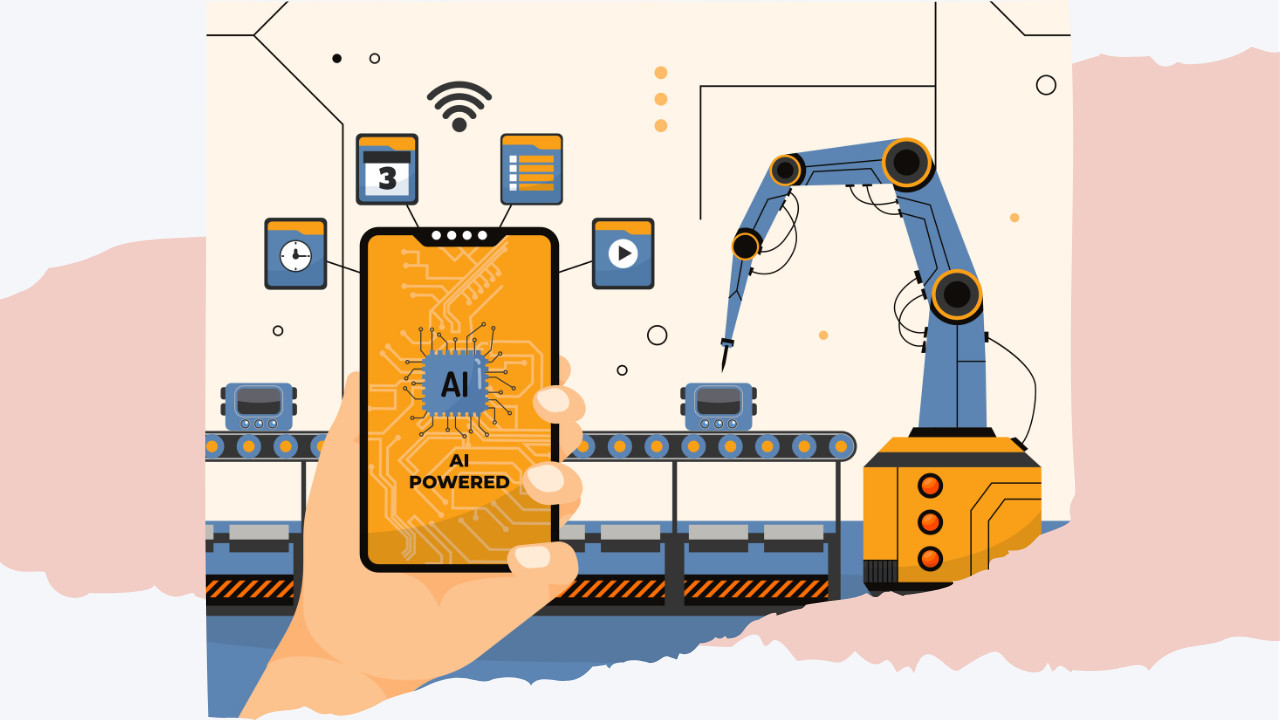Smart Water Management using IoT Internet of Things Technologies
Water scarcity is the lack of sufficient available water resources to meet the demands of water usage within a region, which is, according to the “United Nations Development Programme,” caused mainly by poor management of those resources, affecting around 1.2 billion people around the world.
The Internet of Things as a technology holds great potential to solve life-threatening problems in various angles of our daily life of which is the “Water Scarcity” through smart, instant and predictable management.
In every part of the water cycle, IoT can be utilized to manage water resources better and reach efficient and optimal results.
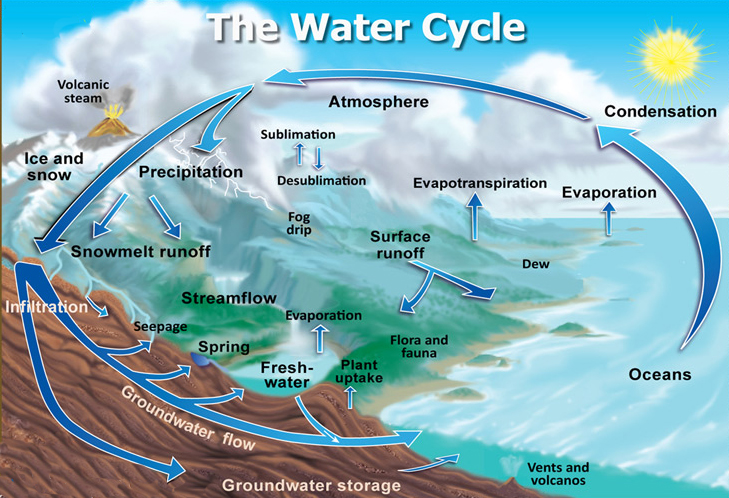
The current authorities’ behavior towards water management somehow lacks the proper tools to analyze trends and behavior of people that results in weak water distribution programs and plans.
On the other hand, the consumer lack proper tools to stay tuned and alerted to water usage and consumption as well as storage remaining capacity, factors that add to improper water consumption.
How the Internet of Things assists in determining water demand in a city?
One of the crucial challenges of water management, as well as conservation in a city, is to determine the amount of water that any particular city is going to utilize during the next day. This can be calculated to precision with the use of predictive analytics. This is done by keeping a track on the history of water consumption in the city on any given day. Based on the historical data collected and analyzed by predictive analytics and combined with the consideration of special events, holidays, as well as the weather in that city, authorities can determine the amount of water that the entire population is going to consume in one day.
When we know the amount of water that is required for overall consumption in a city on any given day, it becomes easy for the water authorities to maintain the level of water in a water reservoir/ tank and then pump the water into overhead tanks as required throughout the day.
Internet of Things and Water Management: Smart Irrigation
Currently, we can all witness water waste in the irrigation process-taking place where it is based on automated scheduling patterns. This means the irrigation process will happen at a particular time and for a fixed duration regardless of weather conditions and soil wetness.
On the other hand, the Internet of Things can be used for getting the right amount of water at the right destination for the right duration and only when needed. This will be the job of special soil sensors and weather sensors that will communicate their readings to a particular server that can, in turn, read weather forecasts in the city to determine the right irrigation decision which will result in commanding the watering valve to open and close.
Among the benefits of Industrial IoT in Water Management
Internet of Things technology also helps in scheduling the maintenance as well as the shutdown of pumps on a regular basis. There are optimization techniques that can beforehand convey to the residents of a city regarding the unavailability of water during any particular point in time. This helps the water regulation authorities not only in meeting the adequate water demands in a city; rather it also aids in the conservation of resources and energy.
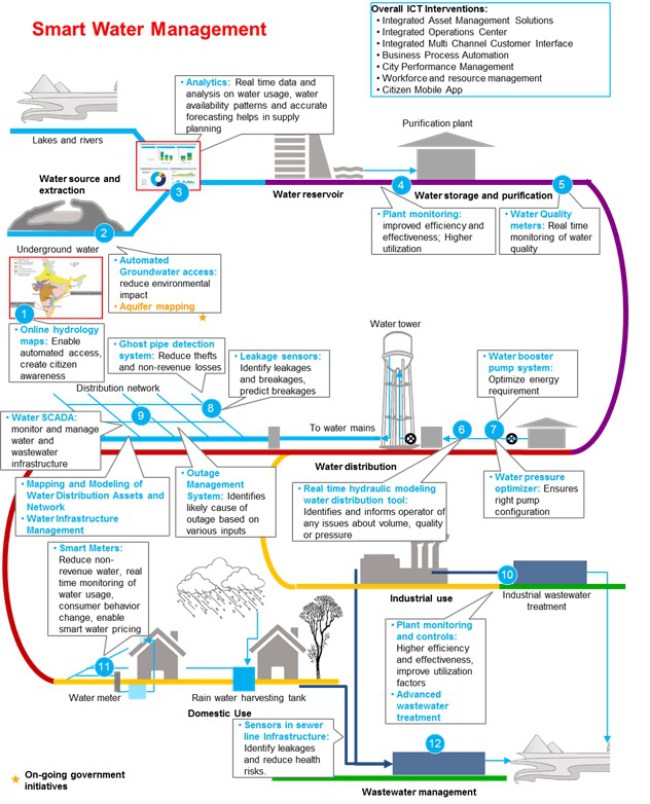
Another advantage of the Internet of Things in smart water management is the reduction in energy pricing and consumption. Predictive analytics can be used to calculate the price of energy during different hours in a day. This information can then be used for scheduling the pumps throughout a day in such a way that there is no loss of additional energy or resources.
This is just the start in discovering the potential benefits on our daily life using this revolutionary and disruptive IoT technology.
FAQs about smart water management using IoT
What is smart water management in IoT?
Smart water management in IoT involves the use of Internet of Things (IoT) devices and technology to monitor, analyze, and optimize water usage, distribution, and treatment processes. It enables real-time data collection and smart decision-making to enhance overall water efficiency.
How is IoT used in water supply?
IoT is used in water supply by deploying sensors and smart devices to monitor water infrastructure, detect leaks, measure water quality, and optimize distribution. This real-time data helps utilities improve efficiency, reduce waste, and ensure a reliable water supply.
What is IoT-based smart wastewater management system?
An IoT-based smart wastewater management system utilizes sensors and IoT technology to monitor and manage the collection, treatment, and disposal of wastewater. It enables remote monitoring, predictive maintenance, and data-driven insights to improve the efficiency of wastewater processes.
What are the advantages of a smart water monitoring system using IoT?
The advantages of a smart water monitoring system using IoT include real-time detection of leaks, efficient water distribution, improved water quality management, reduced water wastage, and the ability to respond quickly to maintenance issues. It leads to enhanced sustainability and cost-effectiveness in water management.
 This article was written by Mohannad Salam, with the blend between software architecture, team leadership, project management, entrepreneurial ambitions and skills along with senior strategic planning allowed me successfully to handle various executive & management roles among which was lately by “RUBICS” which is now among the leaders in MENA region providing Industrial Internet of Things solutions & services.
This article was written by Mohannad Salam, with the blend between software architecture, team leadership, project management, entrepreneurial ambitions and skills along with senior strategic planning allowed me successfully to handle various executive & management roles among which was lately by “RUBICS” which is now among the leaders in MENA region providing Industrial Internet of Things solutions & services.
